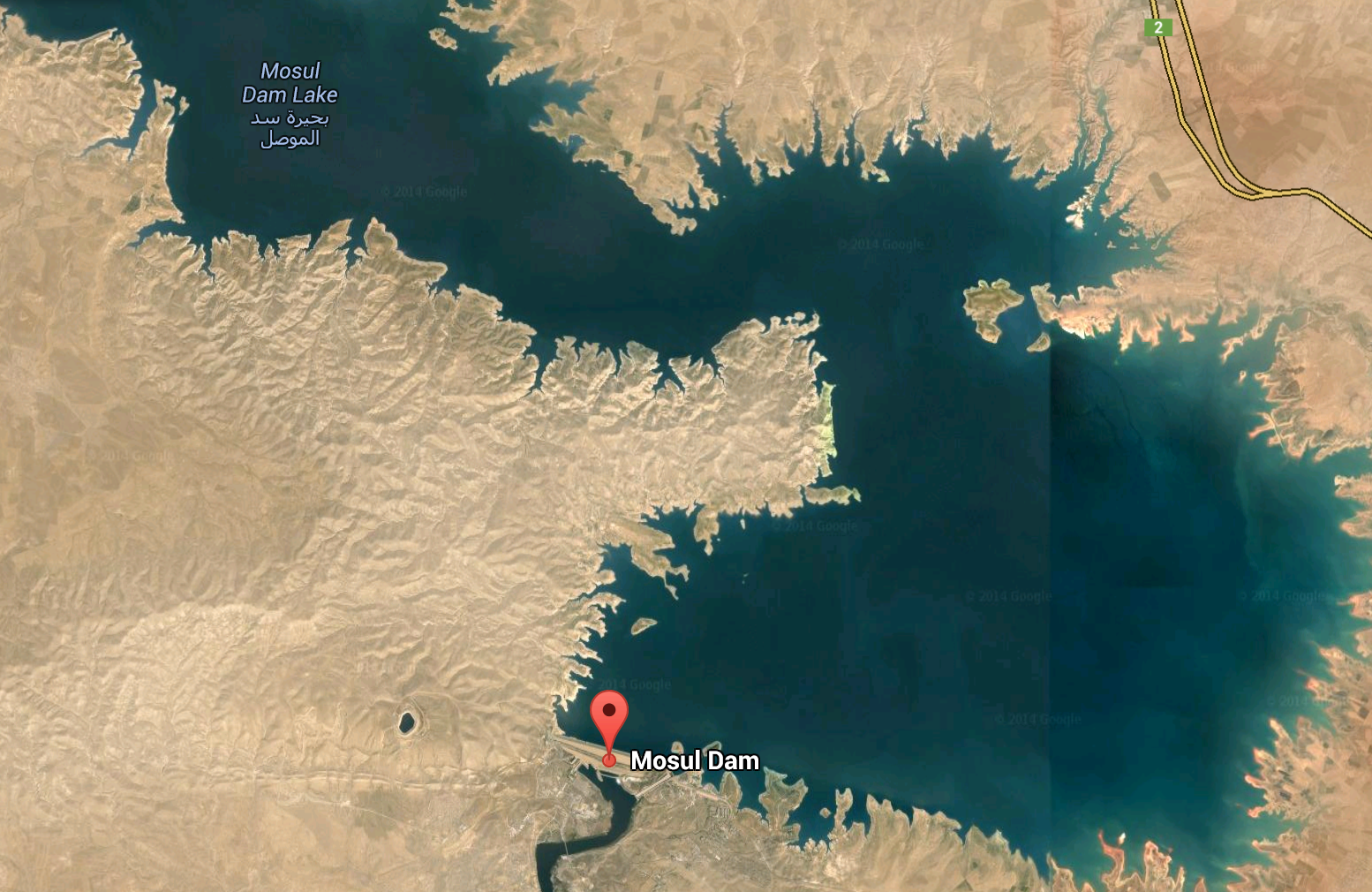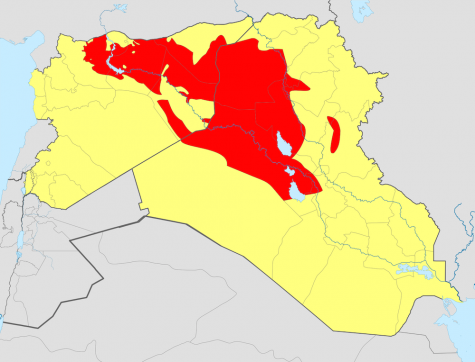Various hints become more concrete today as the U.S. Chairman of the Joint Chiefs of Staff suggested that ISIS could only be stopped by entering the Syrian civil war directly:
Gen. Martin E. Dempsey, the chairman of the Joint Chiefs of Staff, said Thursday afternoon that it would not be possible to defeat the Islamic State in Iraq and Syria without attacking its fighters in Syria.
General Dempsey, speaking at a news conference with Defense Secretary Chuck Hagel, did not commit the United States to carrying out airstrikes in Syria, and the Obama administration’s broader strategy for defeating the Sunni militant group remained unclear.
Although I think it’s fair to say that acting against ISIS in Iraq only would not really defeat or destroy them, I also don’t think that’s an automatic case for escalating to jump into the mess in Syria. The policy so far has been a sort of updated version of the Cold War “containment doctrine,” but taking the further step of intervening in Syria (rather than just Iraq) would be a bit like the U.S. trying to contain the spread of communism into South Vietnam by attacking North Vietnam from the air. On paper, it may have made logical sense (cut the external support, contain the threat outside the borders), but we never really had a coherent plan there either — since we didn’t invade the north and we never really committed to toppling the regime or replacing it with anything — and look how that turned out.
I’m sure they think it’s a similar situation and therefore also shouldn’t be done piecemeal (like Vietnam was, which bled us out). But going into Syria at all opens the door to having to go in completely. Containment requires enough energy on its own without having to go the extra mile of ending the threat everywhere and filling the vacuum it leaves behind.
I’m particularly frustrated by the fact this is coming up again, given that members of Congress and the US public (as well as the UK parliament and British public) made very clear last August and September that they were not interested in getting U.S. forces directly involved in Syria’s civil war. On top of today’s pronouncement by Dempsey, there were claims last weekend by Syrian rebel leaders who oppose both ISIS and the Syrian government that the US had asked them to try to drum up global support for U.S. military actions in Syria. Which, combined with the official outrage over the beheading of an American photojournalist, makes this all sound like a manufactured government effort to whip up public outrage and by extension support for military actions the public rejected a year ago.
In other words: if at first you don’t succeed (in rallying public support for illegal, unilateral involvement in a quagmire by choice), try, try again … 365 days later.
Read more





